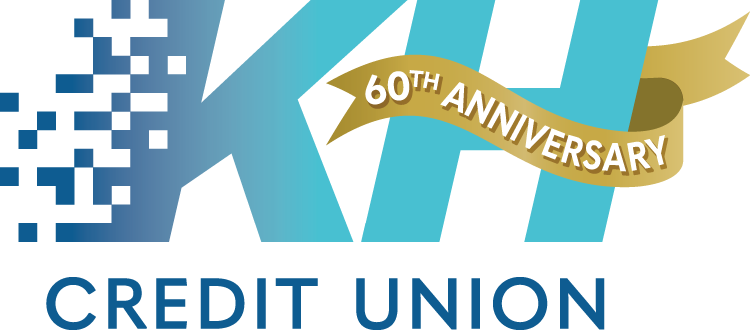
The pandemic has caused many people to reassess their priorities. There is talk of moving out of the city, simplifying life and saving more money.
“I’m not going to spend money like that anymore,” my millennial daughter told me recently, talking about past shopping sprees on handbags, jewelry, and yes, lattes. “Financial security is fun now.”
This from the same person who, until recently, has annually paid to upgrade to the latest version of smartphone ever since she purchased her first Juicy Couture Sidekick back in 2005.
But, as usual, my daughter alerted me to a growing trend.
Developing new financial goals
In an annual survey, consumer research firm The Family Room LLC identifies prevailing trends in more than 150 psychological drivers. Determining changing priorities from year to year helps identify emotional hot spots among different age groups.
The gift of prioritization
Leo Babauta, 46, a writer in Southern California, is on a mission to help people “implement Zen habits in daily life.” He believes the pandemic has given us the gift of prioritization.
“When things are falling apart, it helps us realize what’s most important to us,” Babauta says. “This will help us to simplify our lives as we move forward because simplicity really boils down to two steps: Identify what is most important to you, and eliminate everything else.”
On Babauta’s blog at ZenHabits.net, he chronicles a long list of life changes through the years: quitting smoking, paying off debt, losing weight and taking control of his finances.
He stopped living paycheck to paycheck by addressing the things that turn us to bad financial habits in the first place: fear, anxiety and stress. Babauta says that the COVID outbreak has sparked him to be even more focused on “taking care of myself, meditating, walking and getting rest.”
“If we’re shopping too much, it’s because we’re stressed,” he says. “If we avoid budgeting, it’s because it causes us anxiety. Breaking the cycle is about choosing better habits to deal with that stress, like going for a walk or making a list, and then creating accountability and support to do the new habit every day, instead of the old habit.”
Tracking spending is essential
Simplifying life is a theme echoed by Richard Liu, 26, a marketing manager in Sydney.
“One of the ways I helped simplify my expenses is using a money tracking application. Since so many things are digital, making purchases online has been the norm, so being able to track spending is essential,” Liu says. He keeps tabs on his expenses, investments and net worth.
Like so many other COVID castaways, Liu says he is saving money on transportation due to less commuting — and on food by doing more of his own cooking. He also found ways to prepare for a post-pandemic financial rebound:
Trim nonessential recurring expenses. These include things like monthly subscriptions and gym memberships. Make a list of them all. It’s possible you’ll find more than a couple you’ve either forgotten about or haven’t used in a while.
Refinance existing debt while interest rates are low. A mortgage, student loans or personal loans are all candidates for rate improvements. Perhaps even your car loan.
Shop for better deals on existing insurance policies. With people driving fewer miles, some vehicle insurance rates have fallen. Many insurers have even issued rebates to policyholders.
Liu says he’s combining these money-saving ideas with another important moneymaking component: He’s been taking on additional freelance work to help make extra cash.
“I think it’s never been so important to create side income or develop new streams of money. More money means more savings, but also stability,” he says. “This has been my main focus and priority and will continue to be.”
This article was written by NerdWallet and was originally published by The Associated Press.
